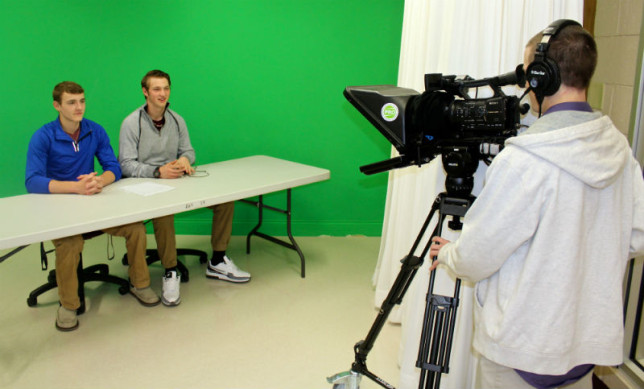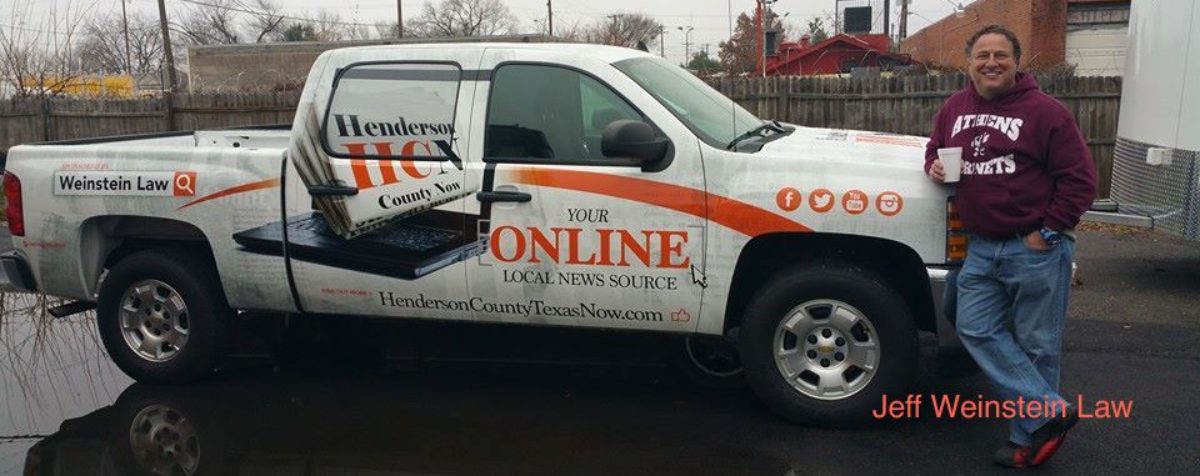
Toni Garrard Clay/AISD Communications Specialist
Moving boldly into the future occasionally requires rethinking past assumptions. For years, educators were charged with directing every high school student toward a college career. And while that is still the appropriate course for a great many young people, it is not a one-size-fits-all prescription. Consequently, Athens High School’s CTE program is increasingly gaining attention.
“High school today looks very different than it did when we were teenagers,” said Athens High School Principal Jami Ivey. “That has a lot to do with our CTE program. It’s wonderful.”
Career and Technical Education — or CTE — is a program of innovative, state-approved courses that traces its roots to what we “old-timers” knew as vocational education. While today’s CTE classes include the familiar woodworking and welding classes, the curriculum ranges from audio/visual and culinary arts to landscape design and pharmacy technology. As a result, it’s possible for a young person to leave high school already licensed, certified and ready to work — or much further down a career path than a typical graduating senior could have traveled even five years ago.
“As educators, we had always said that every kid needs to go to college. I thought that way when I first started teaching. But for some kids, that’s not the right path,” said Ward Wilbanks, the high school’s CTE director who also teaches ag science. “The CTE program can provide them with marketable skills and industry accepted certifications. … That can mean the difference between staying in a non-skilled position for the rest of your life or going into a career.”
Through the program, students have the option — to name just a few examples — of becoming a certified nursing assistant, a pharmacy technician, a veterinary technician or a welder. Educators discussing the CTE program frequently mention the passage of House Bill 5, a state law passed during the 2013 legislative session that, among other things, incorporated career and technology academic tracks into graduation plans. As a result, districts such as Athens ISD expanded their CTE class offerings.
“Career clusters,” as they are called, are grouped into different speciality areas. Every graduating senior must have an endorsement in one of those areas, in addition to completing his or her core classes. The intent is that students will focus their studies in an area that supports their future career interests, whether their plan is to go right to work after graduation, to continue their education, or both.
The speciality areas offered during the 2015-2016 school year at Athens High School are:
- Ag food and natural resources. These classes include veterinary medical applications (a great path for anyone interested in a career involving animals); ag mechanics (welding and fabricating metal projects); and horticultural science (floral design and plant science).
- Architecture/Construction. These are classes designed to give students a general background in building trades, including masonry, house framing and home electronics.
- Arts and Audio/Visual. These classes include broadcast production (students run the “jumbotron” at Bruce Field, operate cameras and produce videos); study of digital arts (which can include becoming Adobe certified); and a working print shop.
- Business, marketing and finance. These classes include business law, business management and touch data systems, such as keyboarding and 10-key.
- Family and consumer sciences. This speciality includes the culinary arts program, human services (such as child growth and development classes), principles of education and training (for students who want to become teachers), and entrepreneurship.
Health science. These classes cover topics from medical records to nursing. This speciality includes the possibility of becoming a certified nursing assistant or pharmacy tech. - Manufacturing. Classes offered give students the opportunity to become certified machinists.
“Kids love it because they get to choose,” explained Ivey. “A lot of our CTE kids feel like they’re taking a really relevant class, because they see how it can be applied to something they might like to do in life.”
